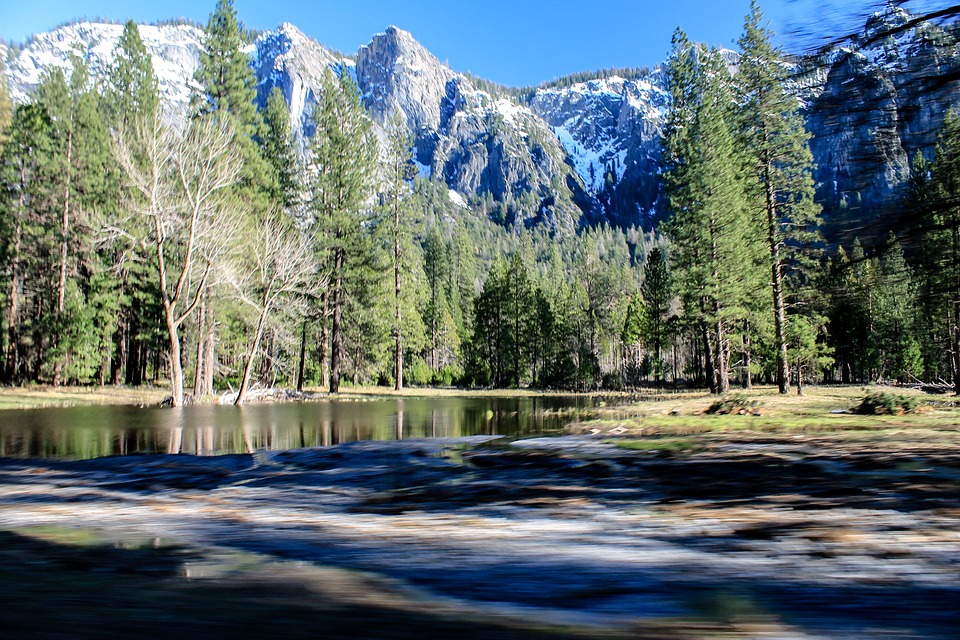Introduction
Cold weather camping may seem daunting to some, but for those willing to embrace the frozen wonders, it rewards with stunning landscapes, unique experiences, and a chance to connect with nature in a truly magical setting.
From snow-covered mountains to icy lakes and frosty forests, cold weather camping immerses you in an environment that showcases the beauty of winter.
In this article, we will explore the allure of cold weather camping and provide essential tips for an unforgettable adventure.
The Beauty of Winter
Winter transforms the outdoor world into a serene and ethereal wonderland, offering a fresh perspective and unparalleled tranquility.
Snow blankets the ground and trees, creating a picturesque scene that is both calming and awe-inspiring.
The crisp air invigorates the senses, and the silence enhances awareness, providing a deeper connection to the natural environment.
The unique beauty of winter camping is an experience that cannot be replicated in any other season.
Gear for Cold Weather Camping
Proper gear is essential for staying warm and comfortable during cold weather camping.
Here are some important items to consider:
– Insulated tent: Choose a tent specifically designed for cold weather camping, preferably with additional insulation and a sturdy rainfly.
– Insulated sleeping bag: Opt for a sleeping bag with a low temperature rating to ensure warmth during freezing nights.
– Layered clothing: Dress in multiple layers to trap heat and manage body temperature effectively.
– Waterproof and insulated boots: Keep your feet warm and protected from wet conditions.
– Warm accessories: Don’t forget hats, gloves, scarves, and thermal socks to shield exposed extremities from the cold.
Tips for Cold Weather Camping
Planning and preparation are key when venturing into the winter wilderness. Consider the following tips to make the most of your cold weather camping experience:
– Check the weather forecast: Before heading out, ensure you are aware of any extreme weather conditions.
– Choose the right campsite: Look for a location that provides suitable protection from wind and falling branches. Consider proximity to water sources and amenities.
– Carry essential supplies: Pack extra food, water, and fire-starting materials to account for any unexpected delays.
– Stay hydrated: Cold weather can lead to dehydration, so remember to drink plenty of water throughout your adventure.
– Start fires safely: Familiarize yourself with fire safety protocols, and always have the necessary tools to start and extinguish fires.
– Stay active: Physical activity generates heat, so engage in moderate exercise to stay warm during the day.
– Check your body temperature regularly: It is important to monitor yourself and others for signs of hypothermia or frostbite.
– Respect wildlife: Be mindful of hibernating animals and their habitats, ensuring minimal disturbance.
FAQs Section
Q: Is it safe to camp in cold weather?
A: Cold weather camping can be safe if you come prepared with the right gear, knowledge, and caution. Pay attention to weather forecasts and always prioritize your safety.
Q: What if I feel too cold during the night?
A: Layer your clothing, use proper insulation in your sleeping bag, and consider using hand or foot warmers. If necessary, exercise in place to generate body heat. If you continue to feel extremely cold, it may be best to end your camping trip.
Q: Can I go cold weather camping alone?
A: Cold weather camping alone can be more challenging and riskier than camping with others. It is generally recommended to have a camping companion, especially in cold and harsh conditions.
Q: How do I prevent my water from freezing?
A: Keep your water bottle insulated and close to your body to preserve its temperature. You can also use an insulated water tube or cover your water container with an insulating sleeve. Boiling water before filling your container can also delay freezing.




